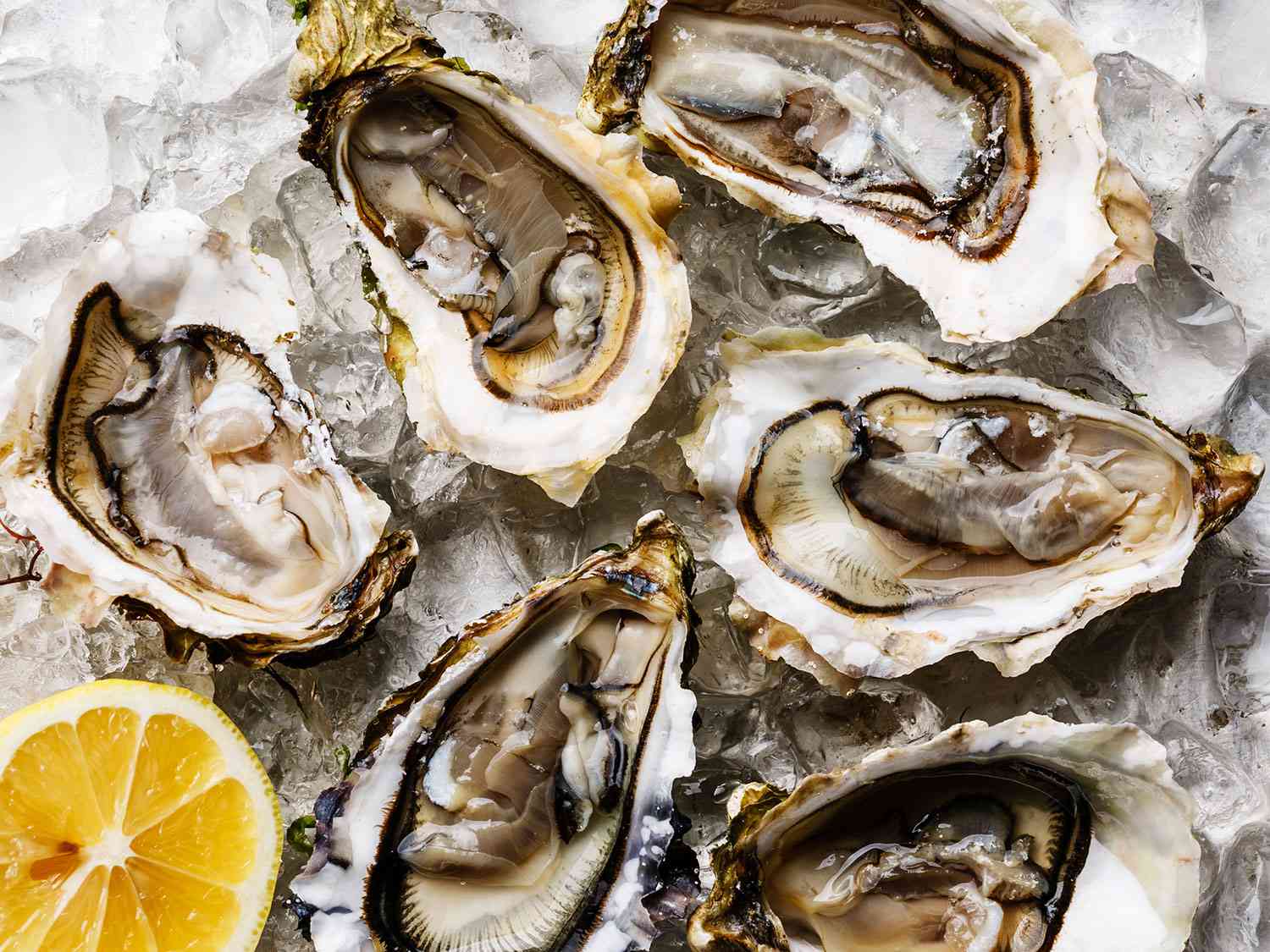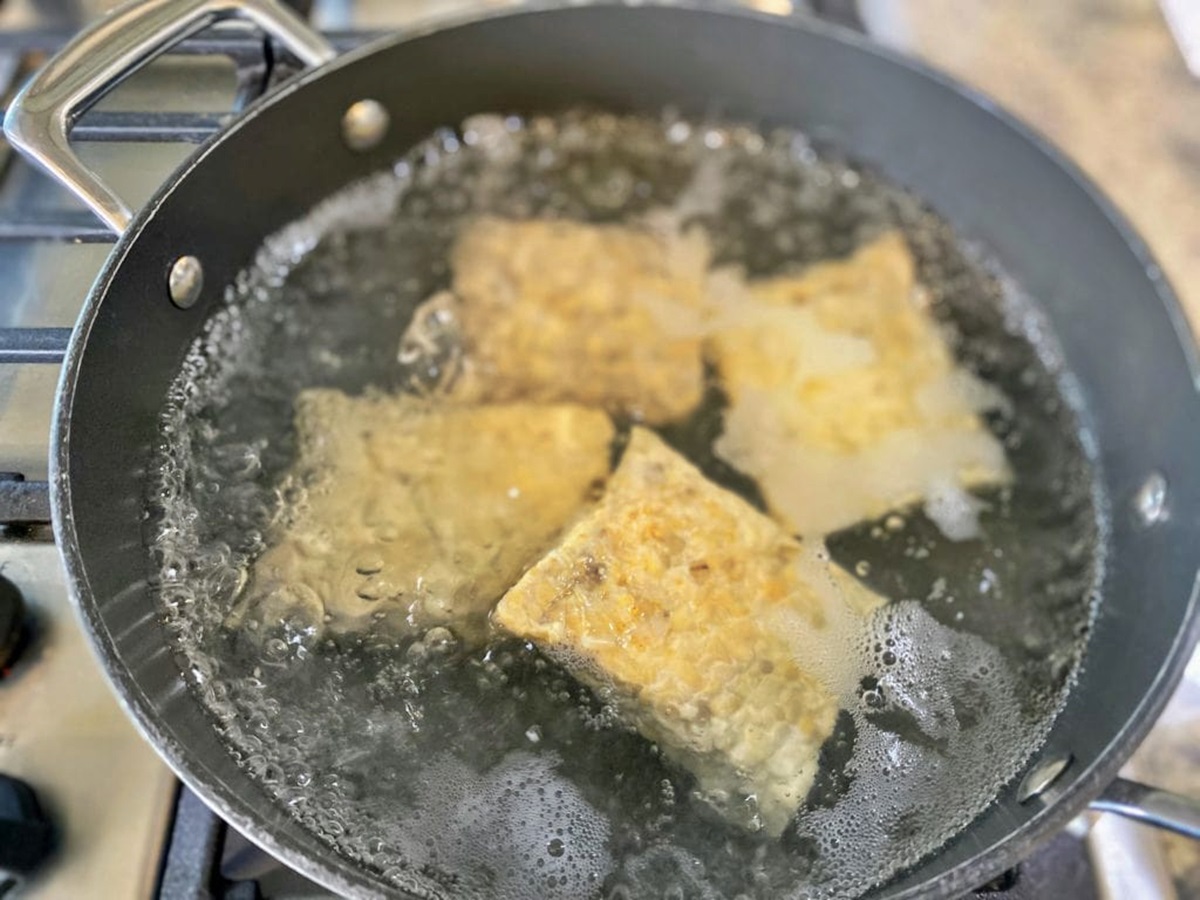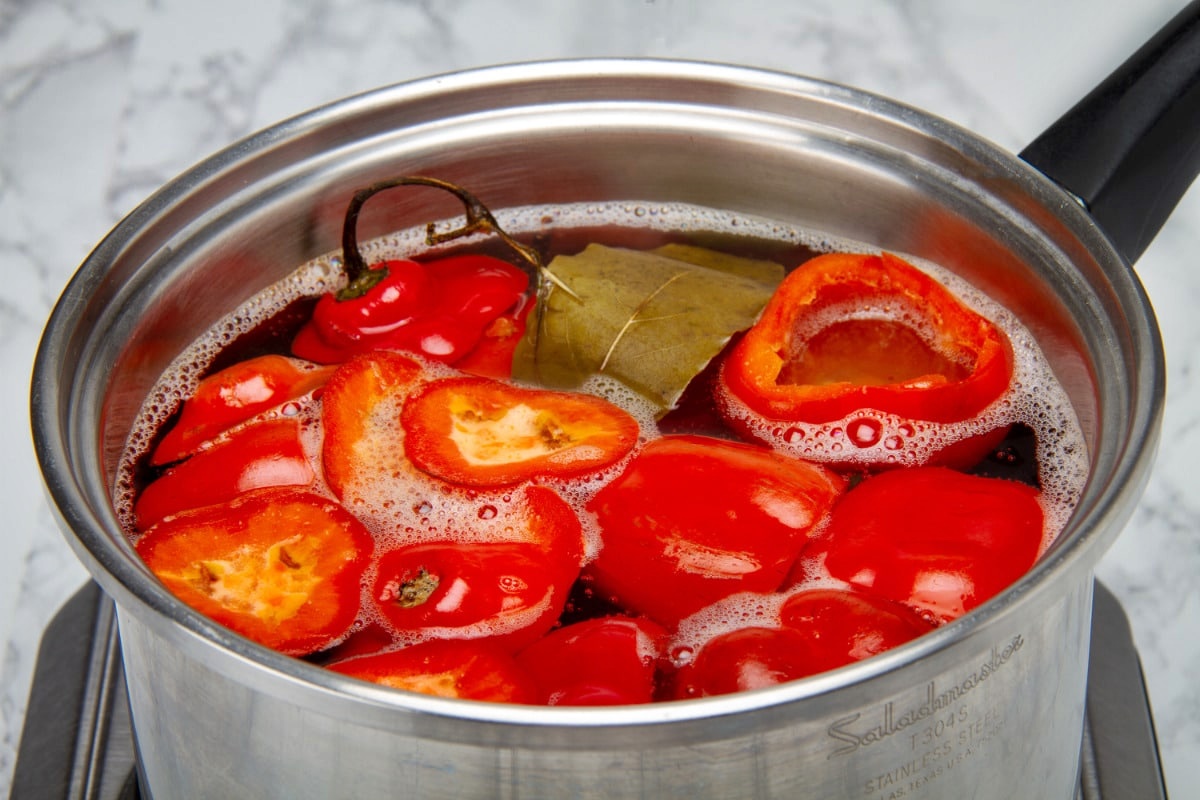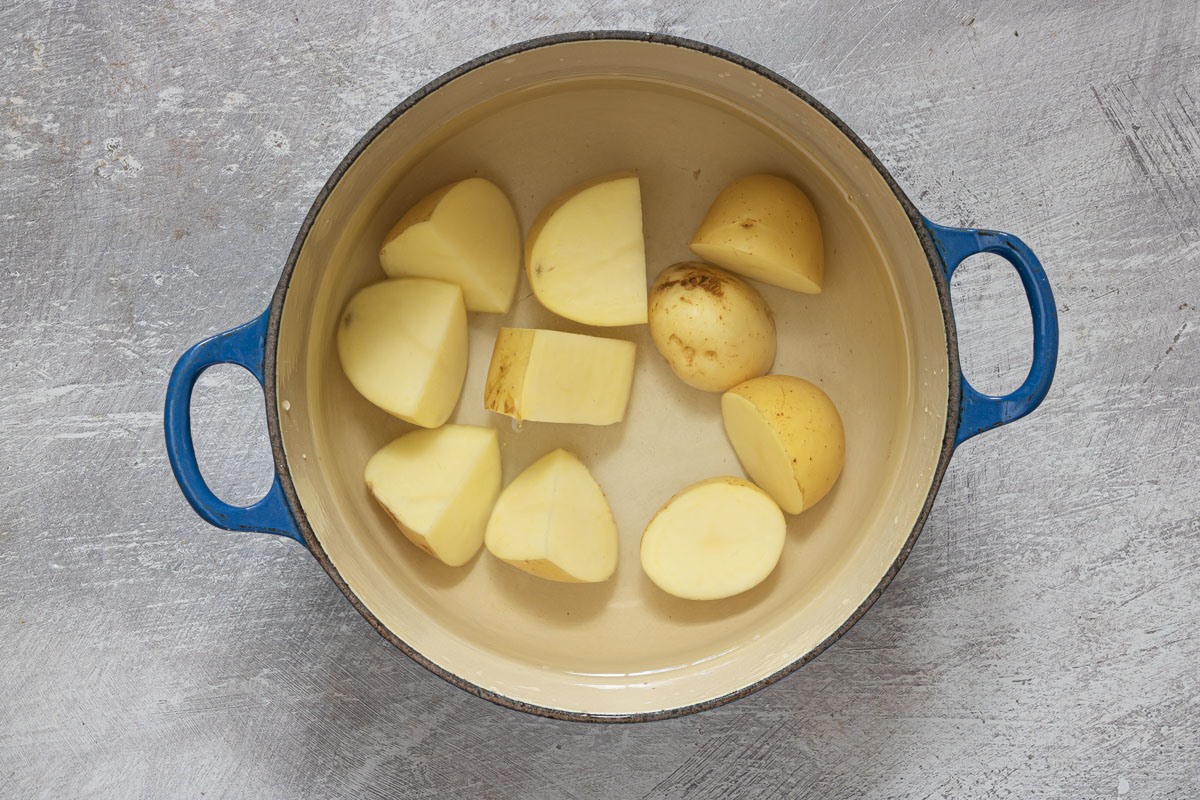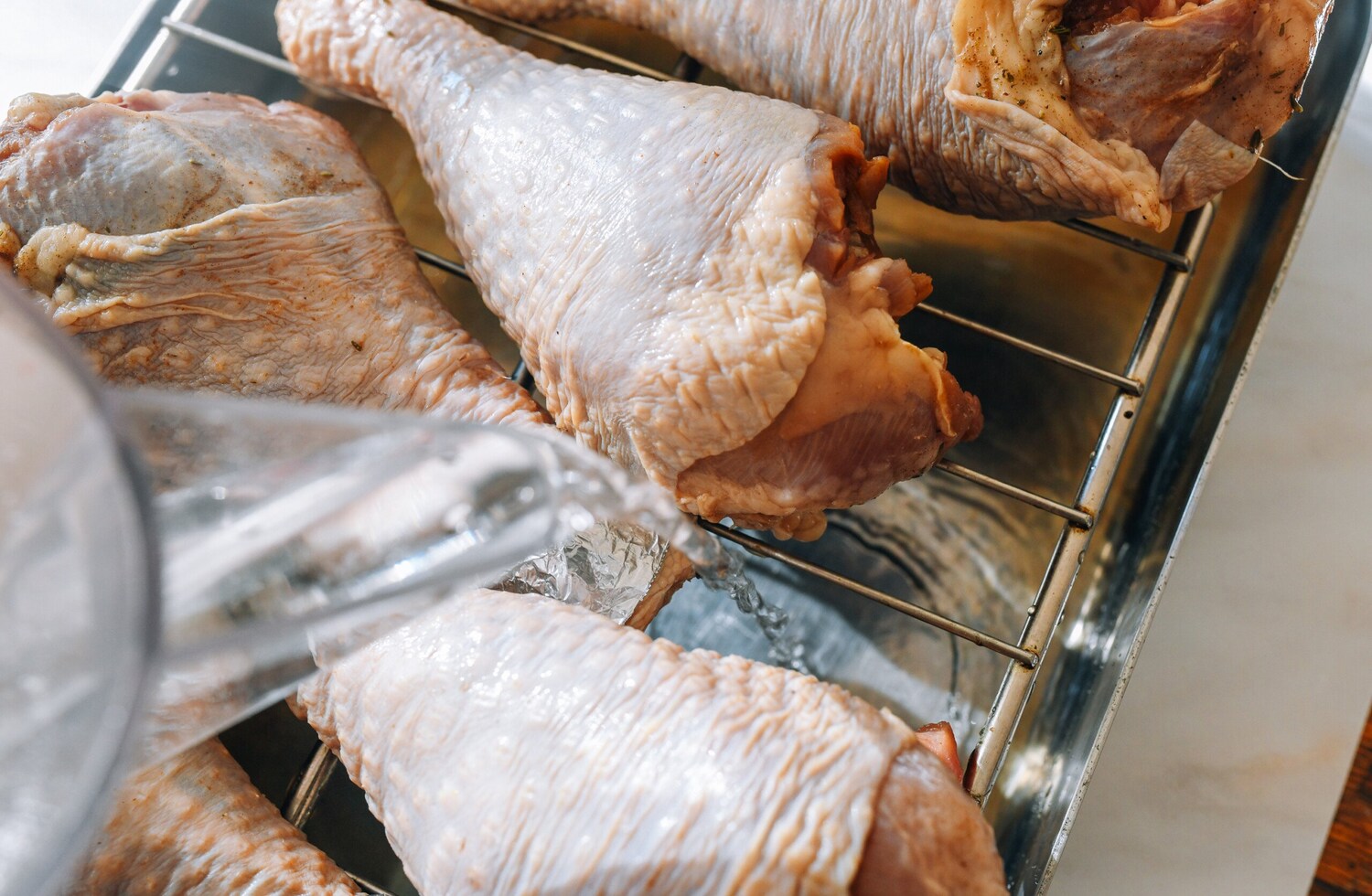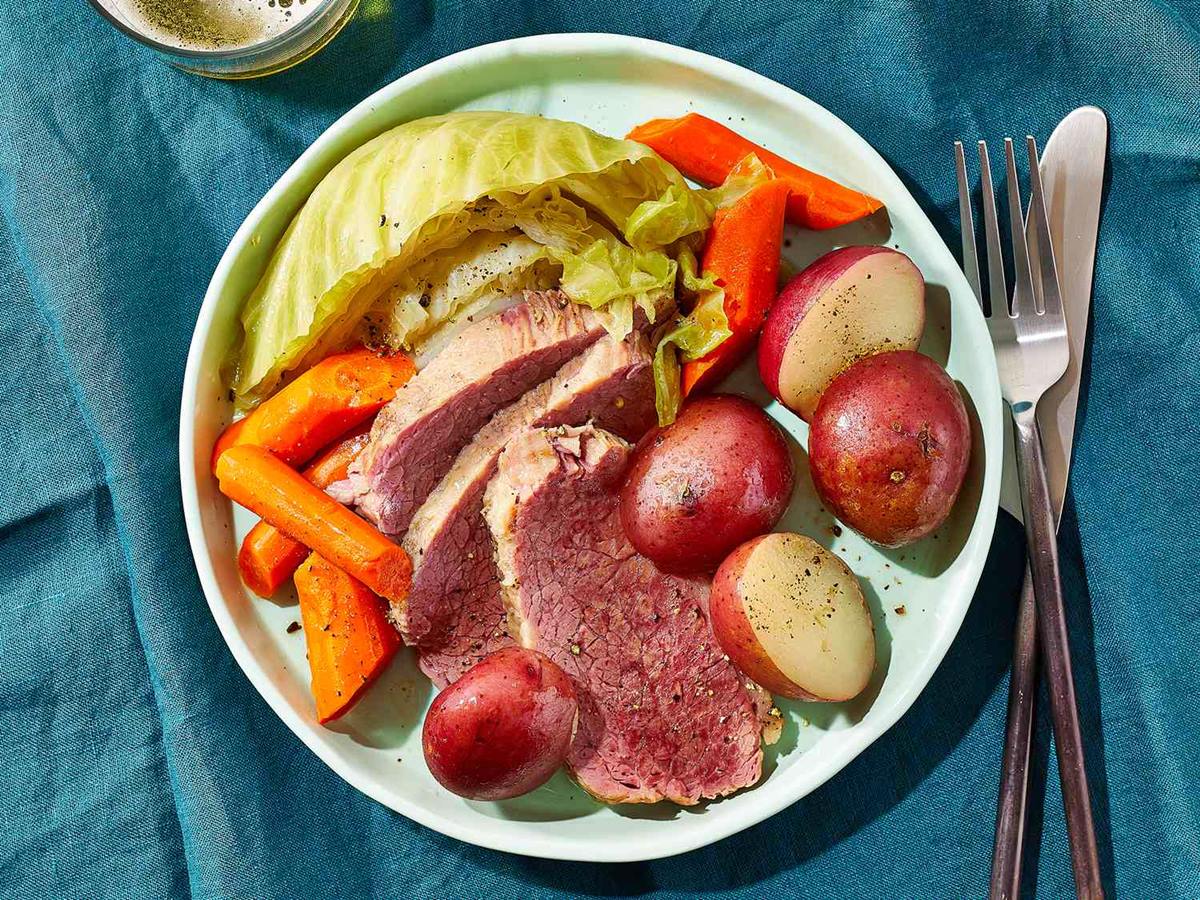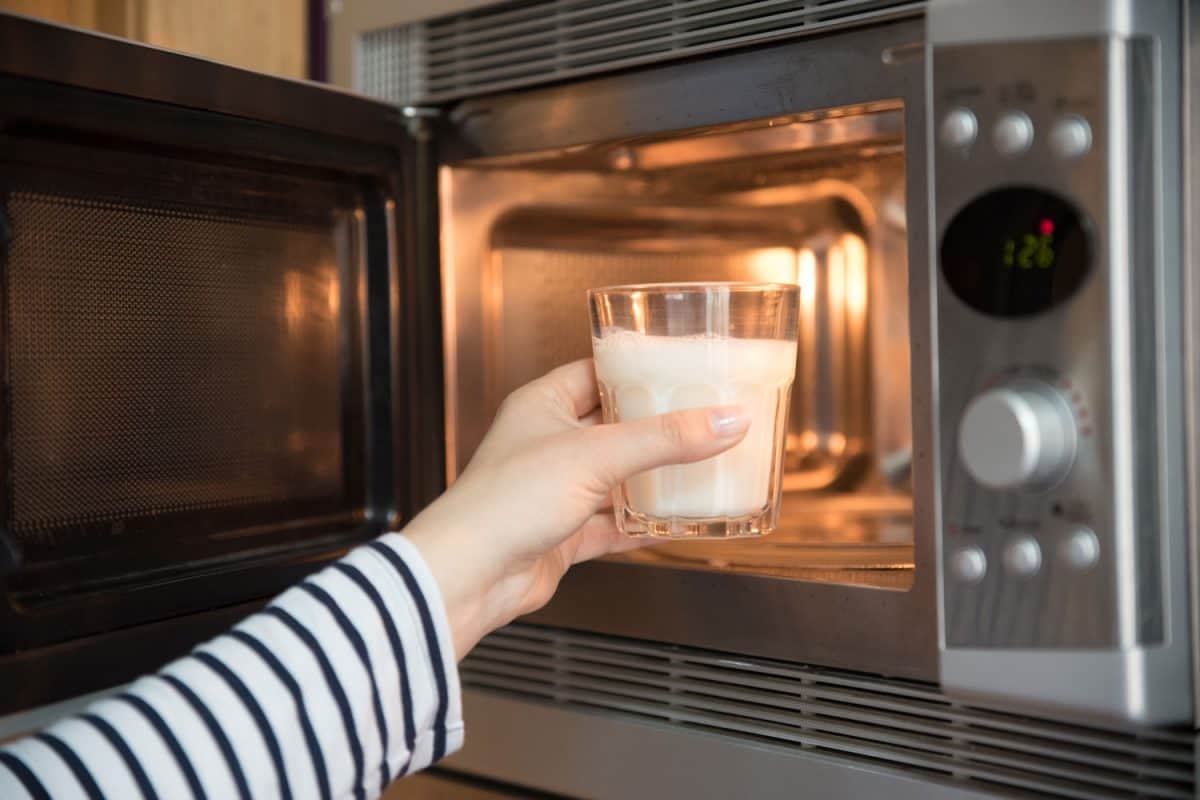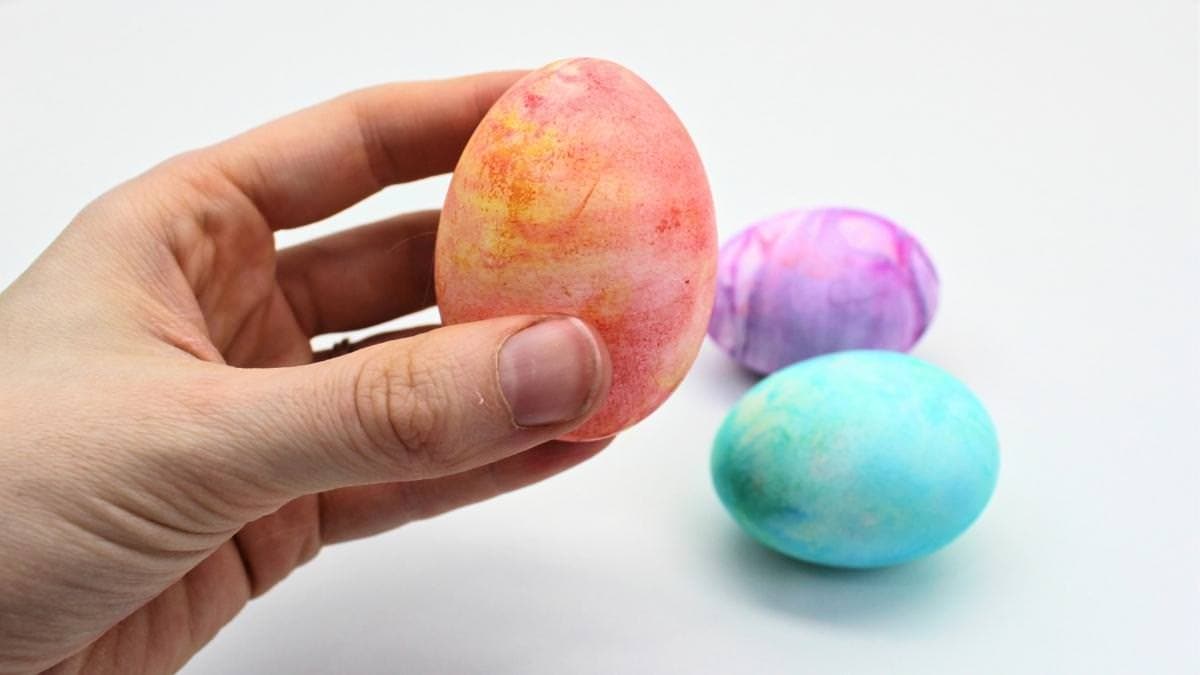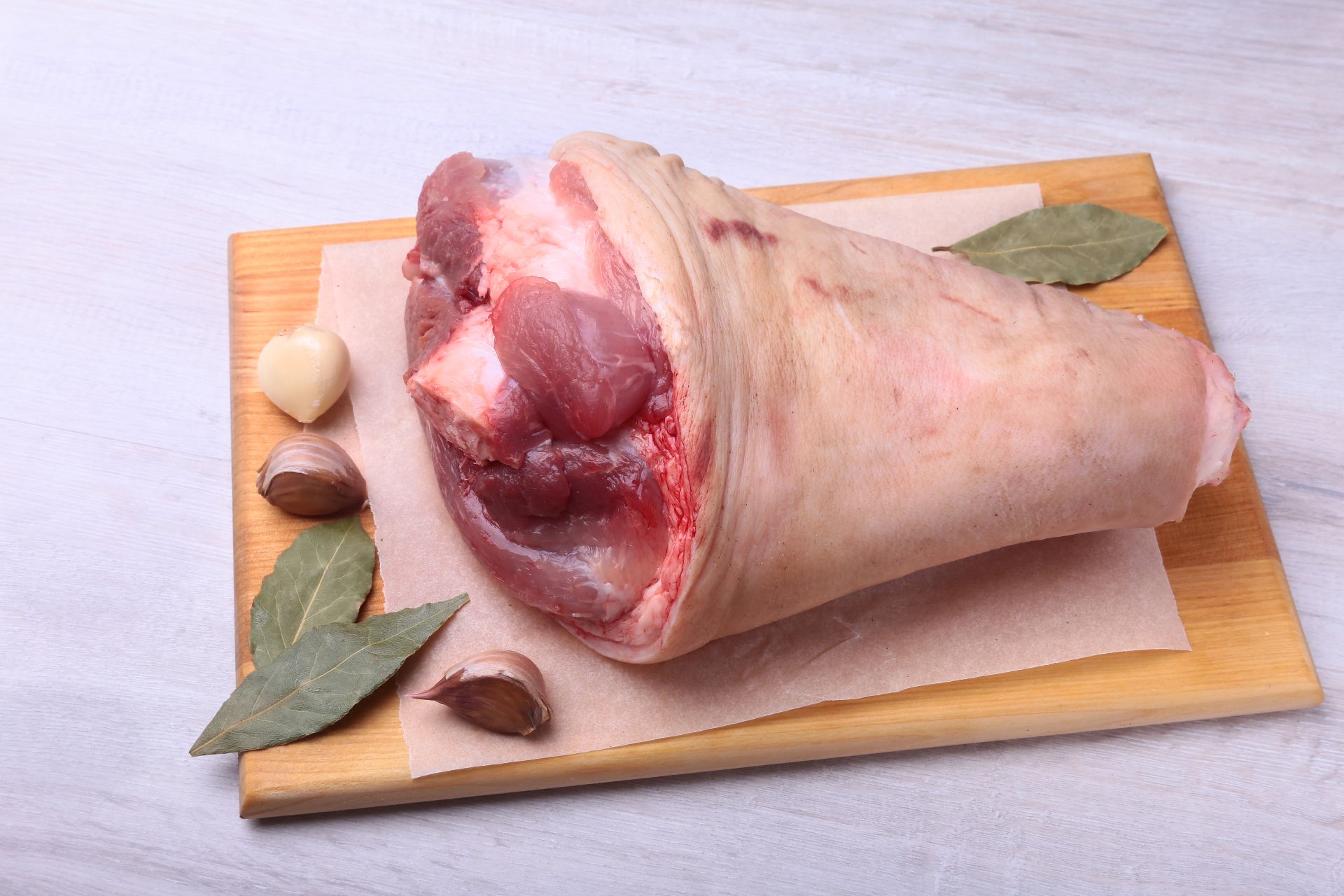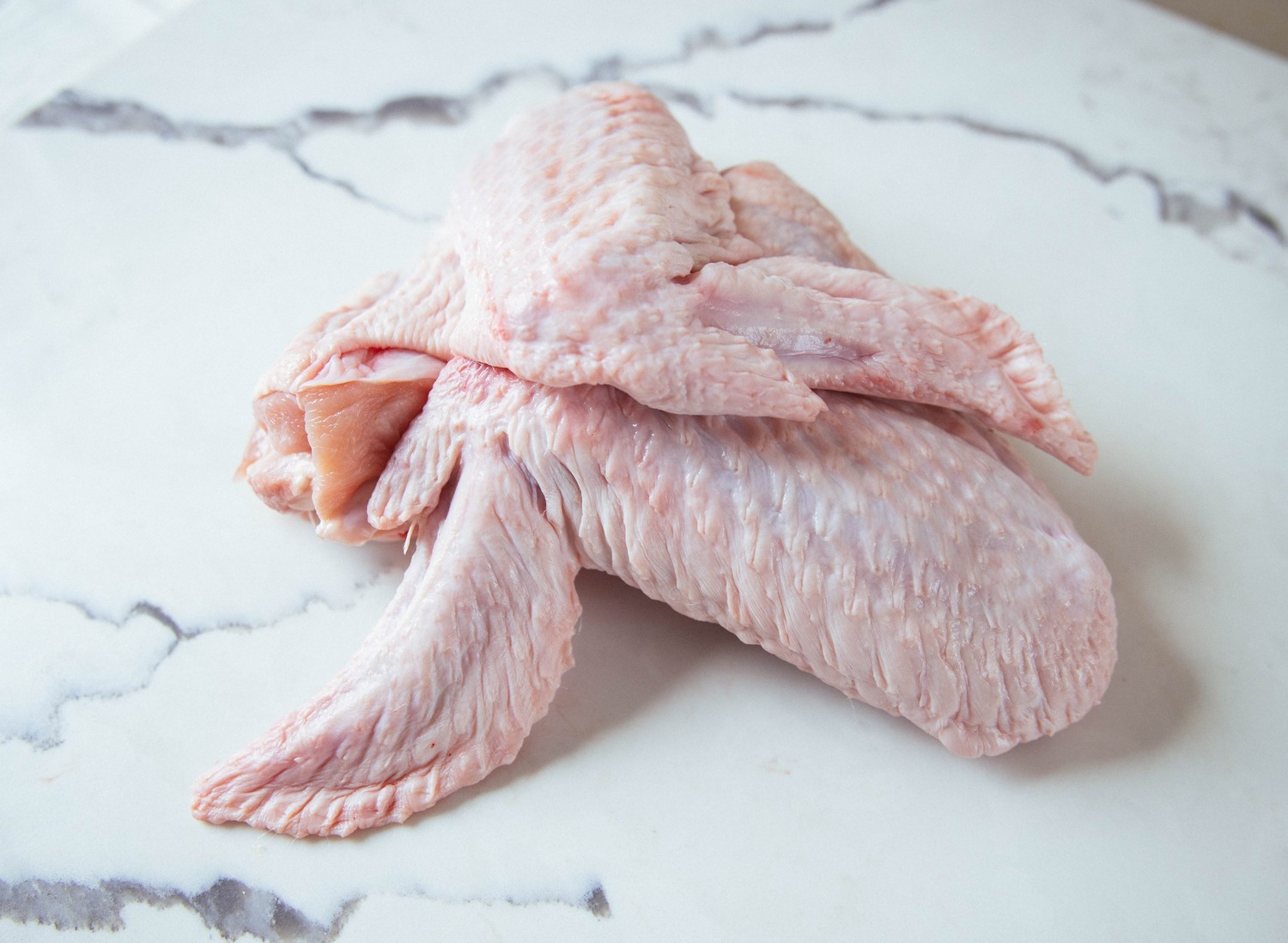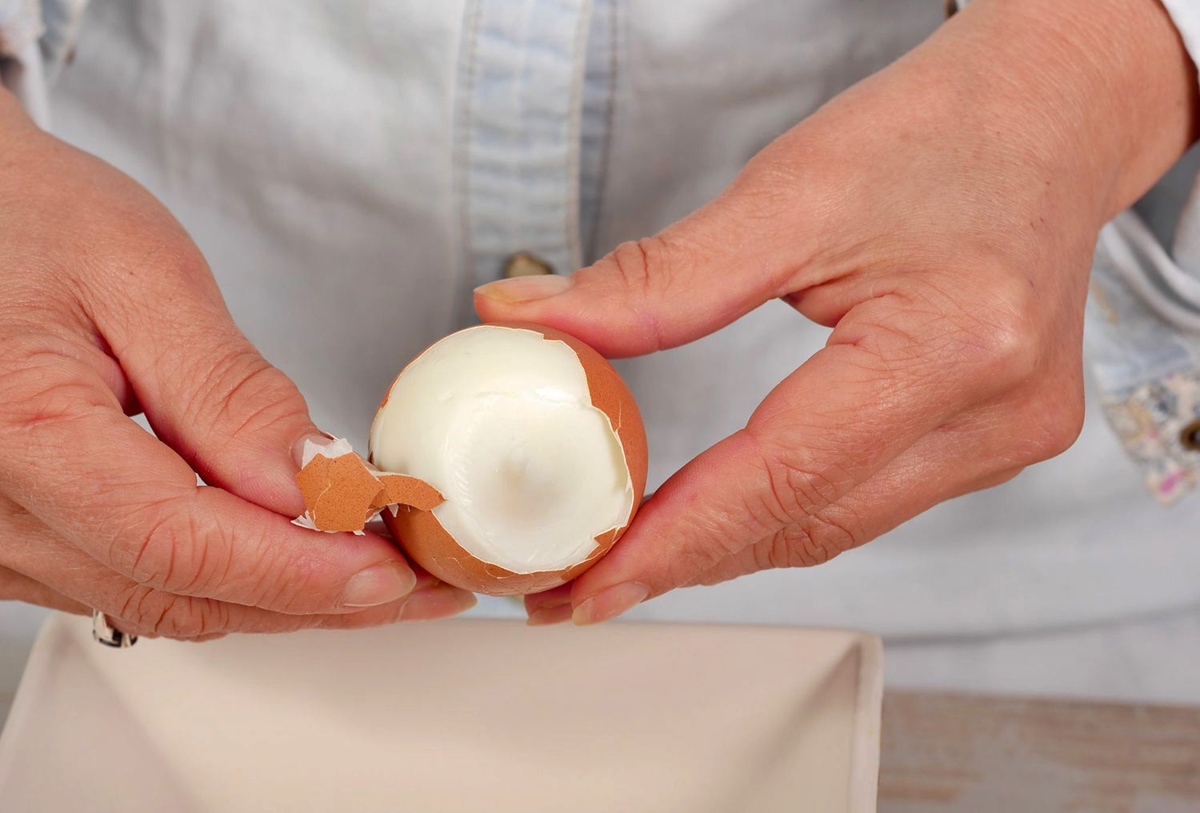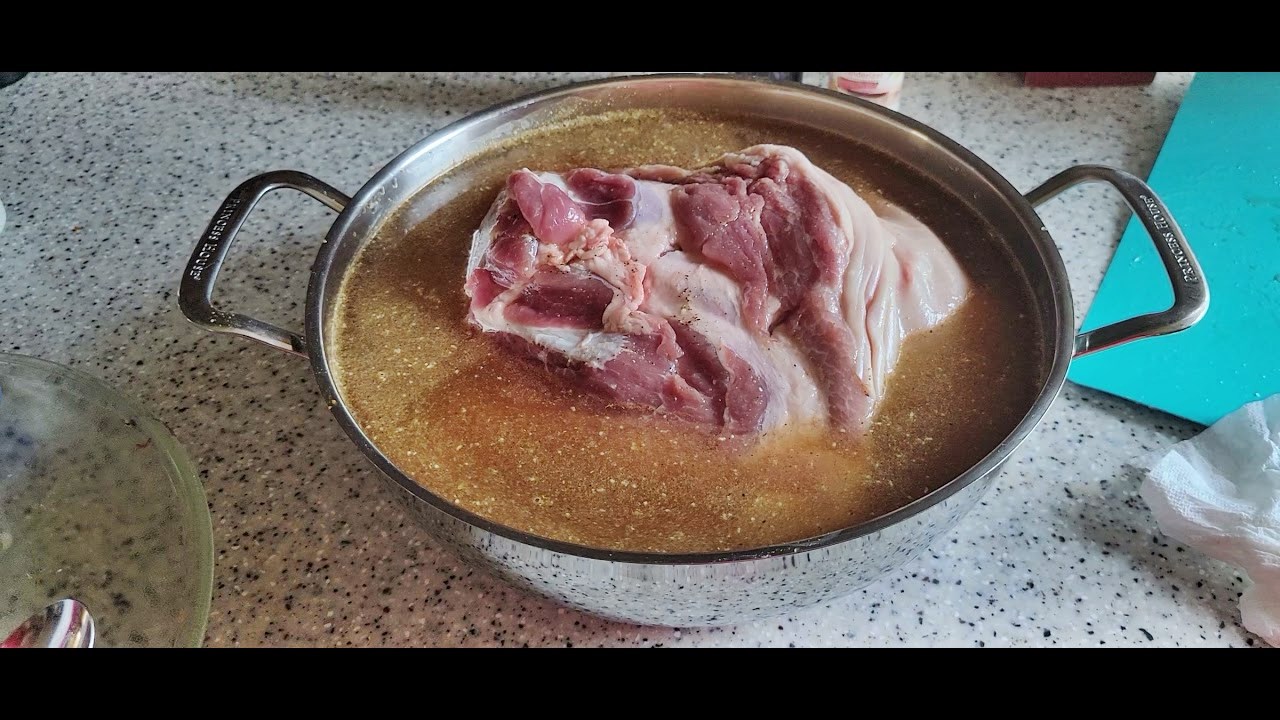Welcome to the Ultimate Guide on How to Boil Octopus!
Octopus is a delicate and flavorful seafood that can make a fantastic addition to any meal. However, cooking octopus can be quite challenging, as it requires proper preparation and cooking techniques to ensure a tender and delicious result. In this guide, we will walk you through the step-by-step process of boiling octopus like a pro.
Why Boil Octopus?
Boiling is one of the most common methods used to cook octopus, as it helps to tenderize the meat. The hot water breaks down the connective tissues, resulting in a more tender and succulent texture. Boiling also helps to remove any impurities that may be present in the octopus.
Step 1: Choosing the Octopus
When selecting an octopus, look for those with a firm texture and bright, glossy skin. Freshness is key to achieving the best results, so ensure that the eyes are clear and the body smells fresh like the ocean. Most commonly, you can find octopus at your local fish market or seafood store.
Step 2: Prepping the Octopus
Begin by rinsing the octopus thoroughly under cold water to remove any residual debris. Using a sharp knife, carefully remove the beak located in the center of the tentacles. Next, you’ll want to tenderize the meat by lightly pounding it with a meat mallet or rolling pin. This will help to break down the fibers and ensure even cooking.
Step 3: Boiling the Octopus
Fill a large stockpot with water and bring it to a rolling boil. Season the water with a generous amount of salt to enhance the flavor of the octopus. Gently submerge the prepared octopus into the boiling water, ensuring that it is fully immersed. Cook for approximately 40-60 minutes depending on the size of the octopus, or until the meat becomes tender.
Step 4: Testing for Doneness
To check for doneness, insert a fork into the thickest part of the tentacle. If it easily slides in and out, the octopus is ready. If it still feels tough, you may need to continue cooking for a few more minutes. Be careful not to overcook the octopus, as it can become rubbery and lose its delicate flavor.
Step 5: Cooling and Serving
Once the octopus is cooked to perfection, remove it from the heat and transfer it to a plate or cutting board. Let it cool down for a few minutes. You can now slice it into bite-sized pieces and serve it as an appetizer, in salads, or as a main course. Drizzle it with some lemon juice, olive oil, and sprinkle with freshly chopped herbs for an extra pop of flavor.
Pro Tips:
- Adding a cork or a wine cork to the boiling water can help tenderize the octopus even further.
- Marinating the octopus in a mixture of olive oil, lemon juice, garlic, and herbs before boiling can infuse it with additional flavors.
- For a charred and smoky flavor, you can grill the boiled octopus briefly before serving.
Now that you have mastered the art of boiling octopus, get ready to impress your family and guests with a delightful seafood feast. Remember to experiment with different seasonings and cooking methods to create your own signature dish. Bon appétit!
Was this page helpful?
Read Next: How To Boil Egg In Air Fryer
